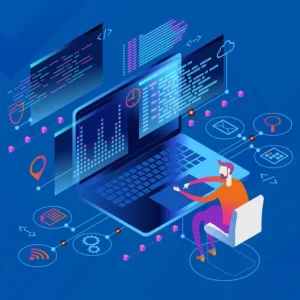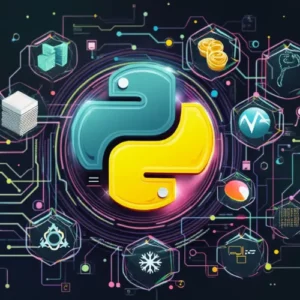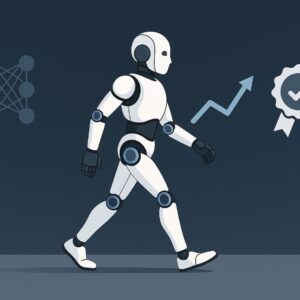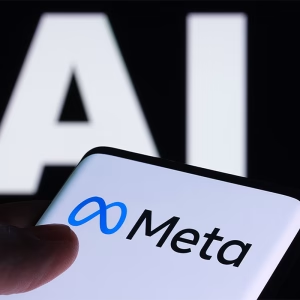Engineering companies in British Columbia are actively seeking strategies to enhance efficiency and tackle workforce shortages.
When Devesh Bharadwaj founded Pani Energy—which uses artificial intelligence to increase water treatment facilities’ efficiency—he didn’t expect the company to scale and grow as quickly as it has.
At the time in 2017, Bharadwaj was a mechanical engineering student at the University of Victoria. Today, Pani Energy serves more than 100 facilities in 10 countries, has nearly 50 employees in its Victoria-based office and has raised more than $10 million in funding.
“We apply AI for the water sector, which learns from the plants and past engineering models, and uses that information to guide and give advice to engineers and operators in real time,” he said.
“It reduces the cost and greenhouse gases and water savings by up to 20 per cent for different facilities.”
The rapid success of Pani Energy is indicative of the high demand for AI technologies in the engineering industry. In fact, many B.C.-based engineering companies have started using AI and are exploring new ways of using the technology to enhance their work.
“I think it’s going to be transformative for the engineering industry in how we work with artificial intelligence,” said Leslie Shoemaker, executive vice-president at Tetra Tech, Inc.
“For us, AI is a natural evolution of what we do. But this current phase that we’re in is particularly exciting because of this combination of full, really broad data access, and the ability to actually very rapidly analyze it,” said Shoemaker.
“Anyone who has access to high-quality data, data streams, analytics and telemetry will have the highest use cases for AI,” said Brent Kadler, director of innovation and digital transformation at Allnorth Consultants Ltd.
“Those are the positions that will have the biggest impact the quickest.”
He added that large language models such as ChatGPT allow engineers to write work packages and create scopes of work faster to a higher degree of quality.
“It’s going to disrupt the industry in the future.… Good engineers who have the ability to do cross-disciplinary work are becoming more and more valuable,” said Kadler.
AI tools can also help increase project efficiency and bridge the current and upcoming skilled labour gap afflicted B.C.’s construction industry, said Mariam Abdulameer, inspection services manager of RAM Consulting.
For example, companies can use drones and cameras to capture activities on construction sites and use AI to analyze the footage and calculate progress and productivity.
“Then the client, at a press of a button, can know what the latest progress on their site is without having to actually wait for a report to come in on a monthly basis,” said Abdulameer.
Similarly, Tetra Tech has launched RailAI, which is “a physical representation of an AI model that’s on the wheels” to travel all over North America and collect data from railway networks every hour of every day.
“It collects massive amount of data from railway network. We’ve seen that it’s 16 times faster than the traditional inspections methodologies that are out there and it’s been adopted by major railway operators in North America,” said Reza Malehmir, senior vice-president of digital solutions at Tetra Tech.
Greater adoption of AI technologies within the highly-regulated engineering profession is being slowed by data and security concerns.
“It’s a very hot market right now but it’s constrained by the willingness of the clients in adopting that technology,” said Abdulameer.
Kadler said accuracy and validating results generated by AI are “a big deal.” But he is optimistic about what AI can help the industry achieve.
“One thing that AI hasn’t done yet is it has not really walked into the actual cold-hard calculus and the calculations and some of the hard engineering. However, that’s coming in the future,” he said.
Source : BIV













